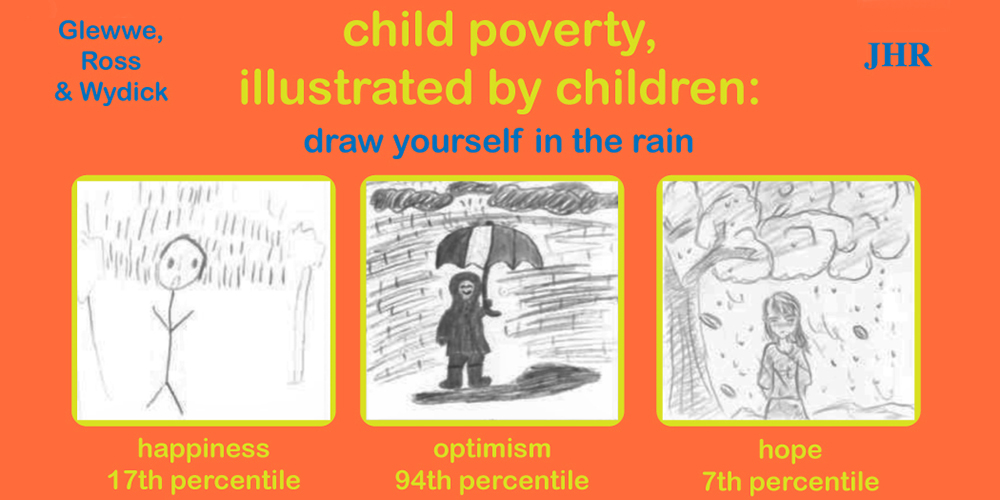How Do Health Shocks Impact Labor Supply? Gender Matters
In the developing world missing work due to illness often means poor families struggle. Since few jobs offer paid sick leave, poor households face lost income. Even in countries with national health insurance (like Ghana), seeking care often still requires large out-of-pocket costs. Households may compensate for lost income and healthcare costs by increasing the labor supply of other members, who take on more work hours.
Rachel Heath, Ghazala Mansuri, and Bob Rijkers document such labor supply responses to illnesses using high-frequency data on labor outcomes collected in urban Ghana during a 10-week period in fall 2013. In any given week, 2.5 percent of male workers and 5.1 percent of female workers missed the entire week due to an unanticipated illness (either their own or to provide care for other household members).
To identify labor supply responses, the team compared how much work household members do during weeks when another worker in the household missed work due to an unexpected illness to weeks in which every household member is healthy.
Men work 4.7 more hours during weeks in which another member misses work due to an unexpected illness. Men from poorer households and men who are risk averse respond even more strongly. In contrast, on average women do not increase their labor supply in response to household members’ illness, presumably because some work more (like men) and others work outside the home less due to care-taking. So unanticipated illness shocks reinforce gender roles in the labor market: men increase work hours, while women increase caretaking work.
Read the study in the Journal of Human Resources: “Labor Supply Responses to Health Shocks: Evidence from High-Frequency Labor Market Data from Urban Ghana,” by Rachel Heath, Ghazala Mansuri, and Bob Rijkers
***
Rachel Heath (@rachelmheath) is at the University of Washington and BREAD. Ghazala Mansuri and Bob Rijkers (@BobRijkers) are at the World Bank.



